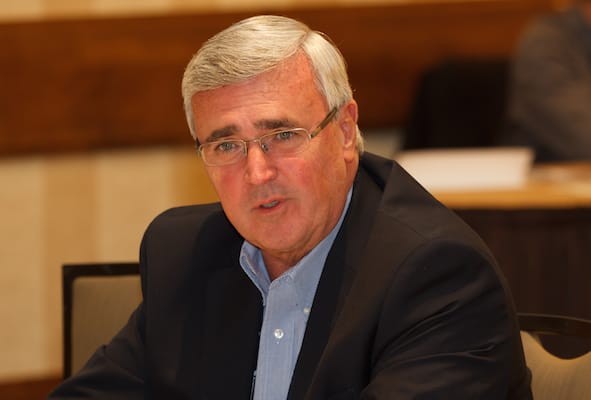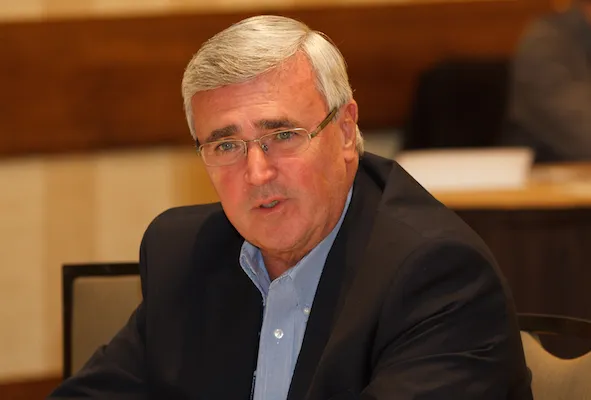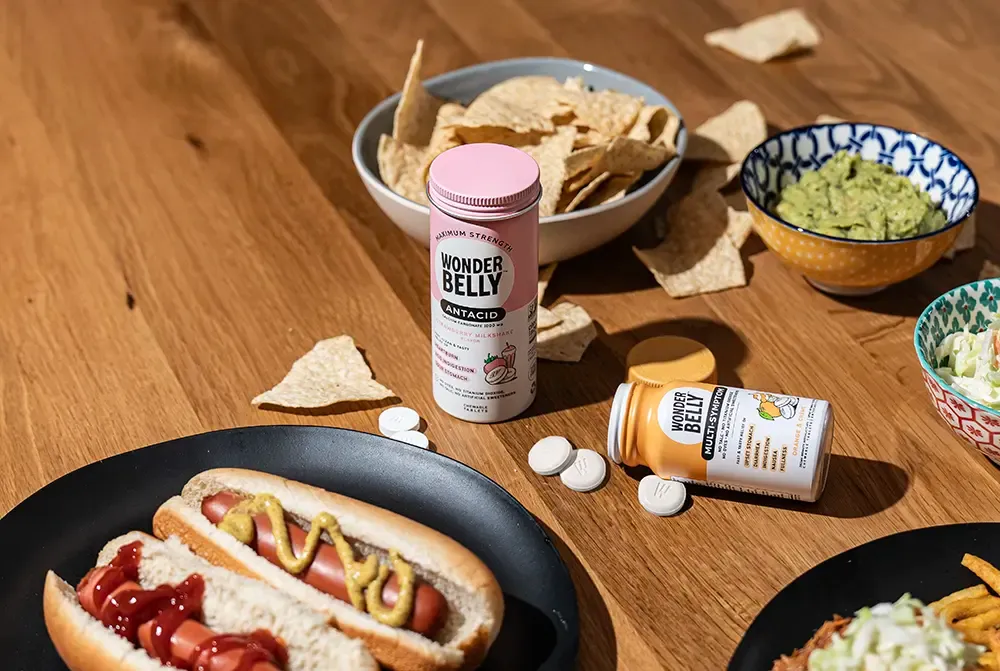JACKSONVILLE, Fla. — John Fegan has retired as vice president of pharmacy at Southeastern Grocers LLC.
The food and drug retailer, the parent company of supermarket chains BI-LO, Harveys and Winn-Dixie, operates more than 500 pharmacies.

John Fegan
Fegan joined Winn-Dixie as vice president of pharmacy in June 2008. He formerly headed U.S. pharmacy operations at Ahold, a Netherlands-based global food retailer. He began his career at Osco Drug in 1973, and later worked for traditional drug chains Gray Drug and Pay’n Save.
“I was drawn to Winn-Dixie,” Fegan said some years ago, “because of its unwavering commitment to the pharmacy side of the business. The leadership at this company really understands the fact that pharmacy is vital to growing customer relationships and loyalty.”
Under Fegan, Southeastern Grocers made major advances in pharmacy. In 2014, the company absorbed Sweetbay, Harveys and Piggly Wiggly pharmacies, increasing its pharmacy count by over 20%. With the increased number of prescription counters, the company was able to expand the reach of its pharmacy services.
“We continued with our automated prescription refill reminder service to assure that patients received their prescriptions on a timely basis, and we made it even easier for them to pick up their prescriptions by synchronizing the refills for patients across the entire chain through our Refill Sync program,” Fegan said.
Pharmacists continued their counseling efforts through increased medication therapy management opportunities, resulting in improved outcomes. Southeastern Grocers also continued to participate in the Diabetes Prevention Coalition Alliance in several markets, while also being involved in the Janssen Connect program as well as with multiple other patient care programs in partnership with selected manufacturers.
Collectively, these and other initiatives at Southeastern Grocers facilitate the potential for pharmacists to be recognized “formally” as providers of heath care, Fegan noted.
Enactment of the Affordable Care Act provided “extended opportunities for pharmacists to be involved in health care services,” he said, adding, “The more services that a pharmacist can provide, the more attractive that pharmacy becomes to a patient, as well as to the various insurance plans. The services help improve the overall health of the patients, as the pharmacists are more focused on the patients themselves and the outcomes of the services. In fact, the services offered become as important as the products dispensed.”







